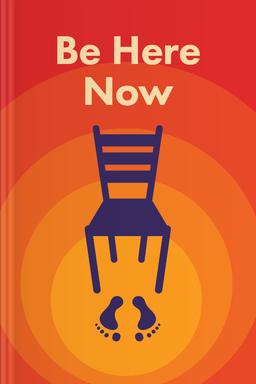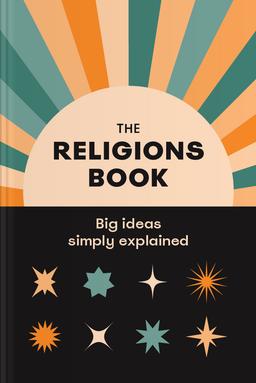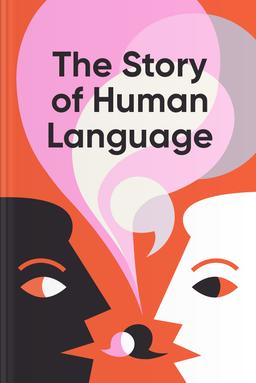What is The Spartan Way about?
Exploring the principles of discipline, resilience, and camaraderie from ancient Spartan warriors, this book offers modern men a blueprint for personal growth. By emphasizing physical fitness, mental fortitude, and ethical leadership, it provides actionable insights for cultivating a purposeful life. Through historical anecdotes and practical advice, readers are encouraged to embrace challenges and develop a warrior mindset, fostering strength and character in today’s fast-paced world.
Who should read The Spartan Way
- Men seeking personal growth and resilience.
- History buffs interested in ancient warrior cultures.
- Fitness enthusiasts looking for motivational strategies.
What is Be Here Now about?
This transformative guide combines Eastern philosophy with Western psychology, inviting readers to embrace mindfulness and presence in everyday life. Through a blend of teachings, anecdotes, and visual art, it explores the nature of consciousness, spirituality, and the importance of living in the moment. The book encourages readers to break free from societal conditioning and discover deeper dimensions of being, ultimately fostering a sense of peace and connection.
Who should read Be Here Now
- Spiritual seekers looking for mindfulness guidance.
- Readers interested in Eastern philosophy and meditation.
- Individuals wanting to explore consciousness and personal growth.
What is A Brief History of Everything about?
This book offers a comprehensive overview of the evolution of consciousness, weaving together insights from science, philosophy, and spirituality. It explores the interconnectedness of all aspects of existence, tracing the development of human understanding from primitive beliefs to modern theories. Wilber presents a holistic perspective that encourages readers to consider how various elements of existence, including culture and biology, shape our reality and inner lives.
Who should read A Brief History of Everything
- Philosophy enthusiasts seeking a comprehensive worldview.
- Spiritual seekers interested in integral theory and consciousness.
- Students of science exploring the connection between disciplines.
What is The Religions Book about?
This book offers an accessible overview of the world's major religions, simplifying complex beliefs and practices. Through engaging visuals and straightforward explanations, it explores key concepts, historical contexts, and influential figures across various faiths. Suitable for readers of all backgrounds, it provides a foundational understanding of diverse spiritual traditions, encouraging appreciation for the rich tapestry of human belief systems.
Who should read The Religions Book
- Curious minds exploring world religions.
- Students seeking a concise overview of major beliefs.
- Parents introducing their children to diverse cultures.
What is The Story of Human Language about?
This captivating exploration delves into the evolution of language, revealing how it reflects cultural, social, and historical changes. Through engaging anecdotes and insightful analysis, it uncovers the connections between various languages and the cognitive processes behind language acquisition. The author combines humor and scholarship, making complex linguistic concepts accessible, thus inviting readers to appreciate the rich tapestry of human communication and its profound influence on society.
Who should read The Story of Human Language
- Linguistics students seeking foundational knowledge.
- Language enthusiasts curious about human communication.
- Educators looking for engaging language teaching resources.




